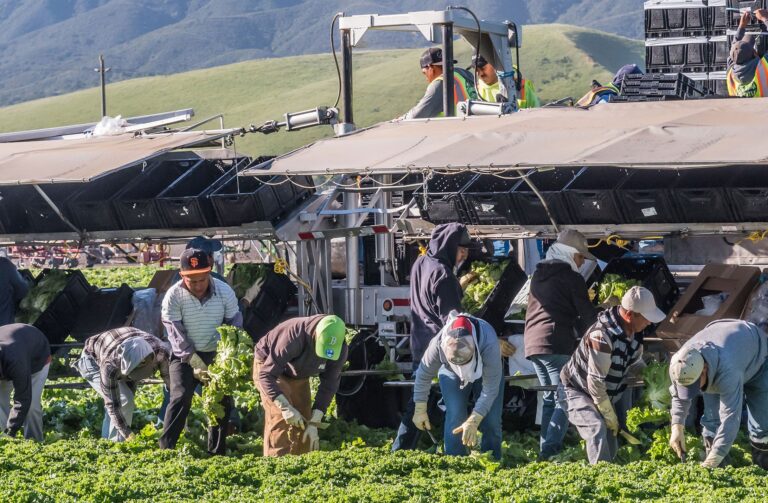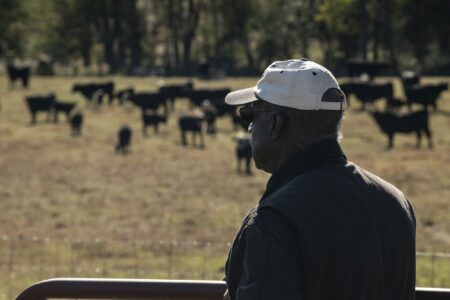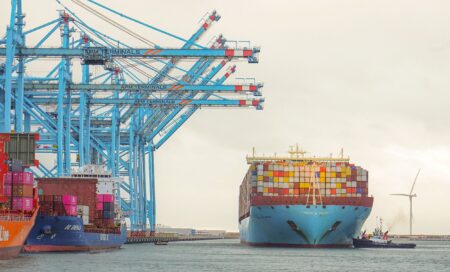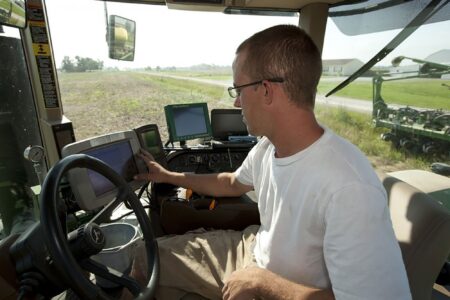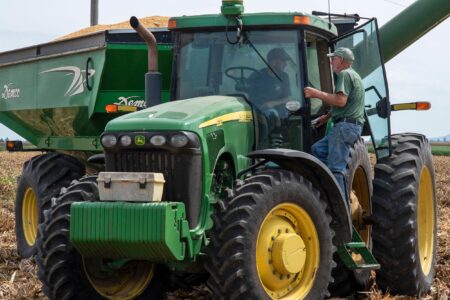In her first few months as U.S. Secretary of Agriculture, Brooke Rollins has made headlines. Not just her presence, but for her plans. And those plans? They don’t just speak to the future of American farm labor. They signal a major shift that diverse agricultural communities, especially immigrant and Black Indigenous People of Color (BIPOC) farmworkers, can’t afford to ignore.
At a news conference this summer, Rollins confidently announced that there would be no amnesty for undocumented farmworkers, many of whom have been the very backbone of this nation’s food system for generations. Rollins’ solution: Deport undocumented laborers and replace them with “able-bodied Medicaid recipients.”
Let’s be clear. This is more than just bureaucratic reorganization. This has a direct impact on people, families, and entire communities who have long labored in the margins, sustaining U.S. agriculture with little recognition or reward. According to the U.S. Department of Agriculture itself, nearly half of all U.S. farm laborers are undocumented.
That’s not a statistic. That’s a workforce. That’s livelihoods. That’s legacy.
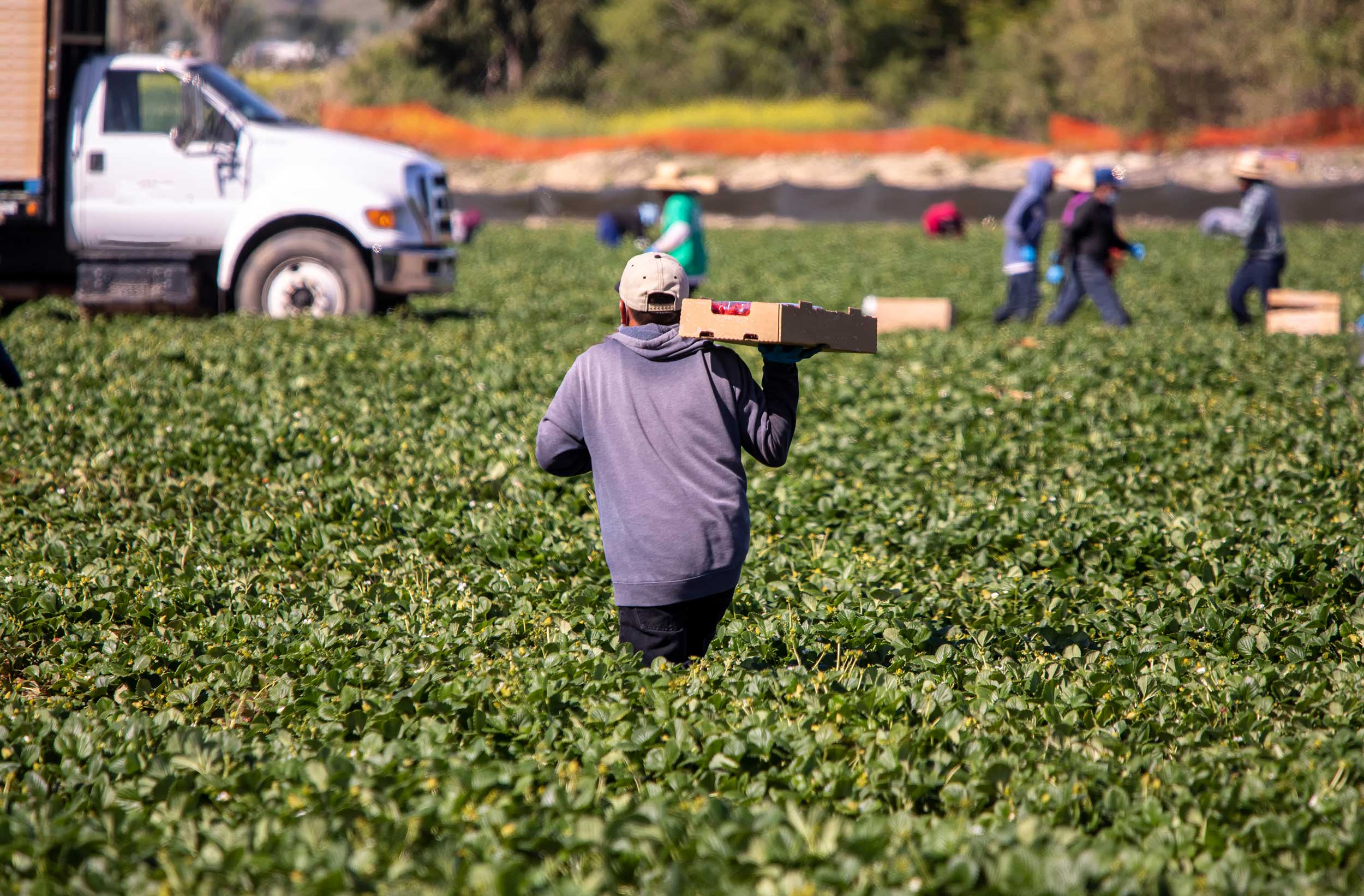
And this idea that 34 million Medicaid recipients could, or would, step into that gap? Not only does it erase the complexity of people’s lives, but it also underestimates the actual skill, endurance, and deep agricultural knowledge that seasoned farmworkers possess — placing low-income and disabled populations in a political crossfire. It also reduces farm laborers to numbers instead of recognizing them as human beings with varying needs and limitations.
Rollins’ statements may reflect her effort to respond to labor shortages, but they also echo a pattern of decision-making that has historically failed the very people agriculture depends on. Farmworkers — particularly those from Latinos, Indigenous, and immigrant backgrounds — aren’t interchangeable. They are skilled professionals. They are parents, neighbors, stewards of the land. And they deserve better.
To her credit, Rollins has been holding farmer listening sessions across the country, from Georgia to Nebraska, trying to understand the rural voices who feel increasingly unheard. But at the same time, she’s publicly supporting mass deportations and automation as part of a broader farm labor solution.
So the question becomes: Who exactly is she listening to? And who is being left out of the conversation?
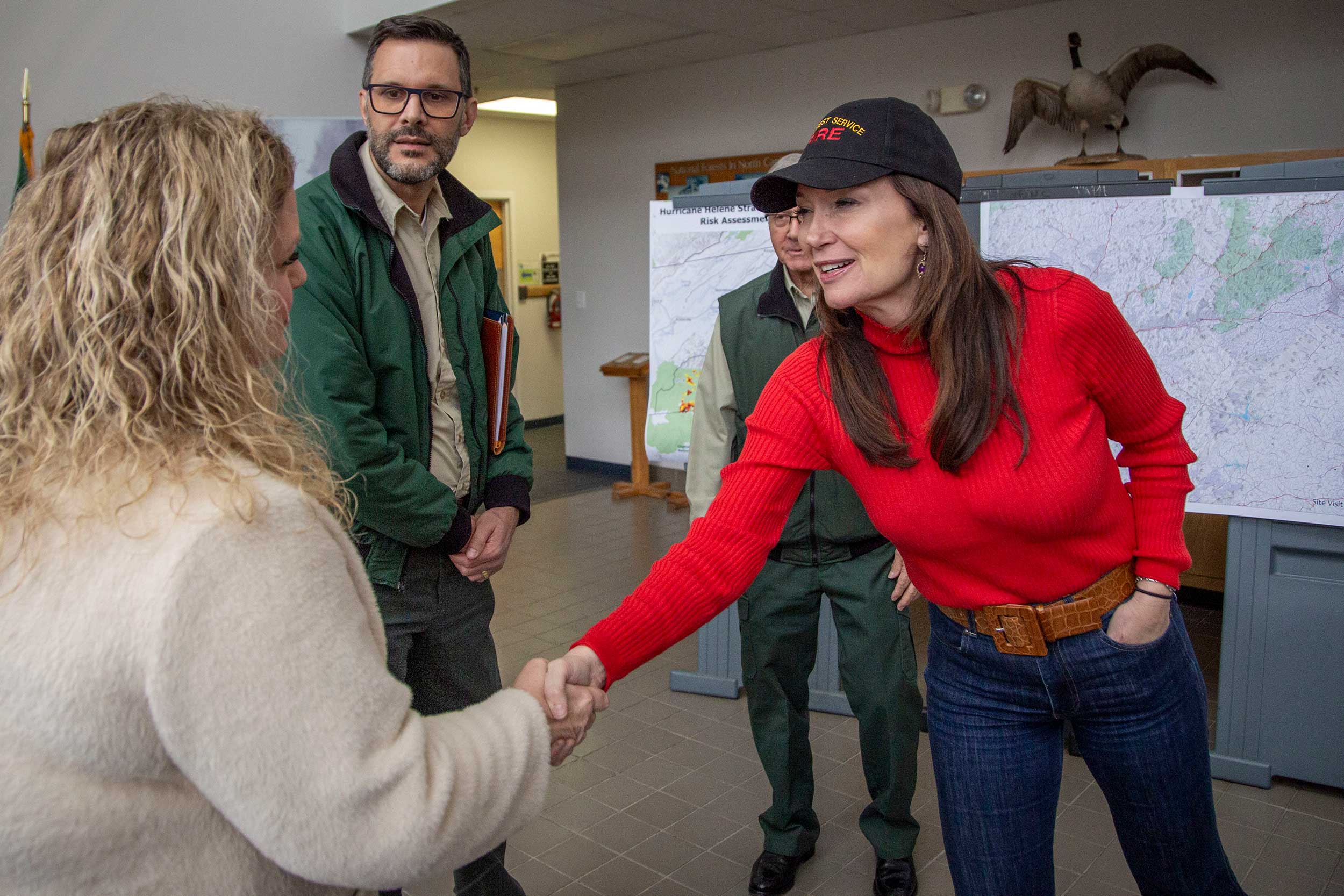

If these listening sessions are truly about hearing from all sides, we need to ensure the voices of marginalized farmers and farmworkers are not only heard, but prioritized. Otherwise, this “new era” of agricultural policy will feel a lot like the old one: extractive, dismissive, and disproportionately harmful to Black, Brown, and immigrant communities.
We’ve seen the playbook before: Alabama, Georgia, and other states that cracked down on undocumented workers experienced massive labor shortages. Crops rotted in fields. Farmers lost revenue. Communities suffered. You can’t just wish away the labor and legacy of the very people who have sustained our food system for decades, and then ask a vulnerable group to fill that vacuum overnight.
Real efforts to reform our broken system deserve attention.
Rollins has expressed interest in streamlining the H‑2A visa program, making it cheaper and more accessible to hire legal foreign labor. That reform, if done with equity in mind, could help immigrant farmworkers find a legal pathway to security and dignity. There’s also renewed momentum in Congress to pass a revised version of the Farm Workforce Modernization Act, a bill that would offer legal status to long-term agricultural workers. These efforts must move forward, but not at the cost of erasing those who are already here, contributing, and rooted in this land.
If this administration wants to secure the future of agriculture, it must start by centering people, not just productivity. That means honoring legacy, supporting transitions, and ensuring that our labor policies reflect the values of equity, justice, and sustainability. Because if we fail to do that, we’re not just risking our crops, we’re risking our humanity.
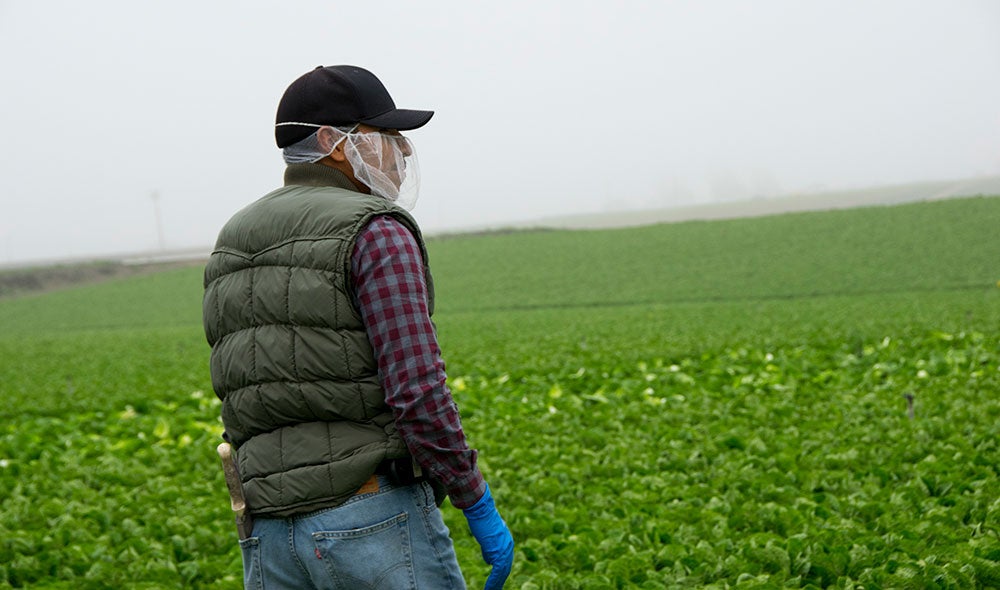

We have to move past rhetoric and ask the real questions: Who stands to gain from these proposals and at what cost? What kind of food system are we building if it depends on erasing the people who have nurtured it for generations?
There’s still time to choose a different path. If listening sessions are to mean anything, they must be followed by policy rooted in truth, equity, and accountability. Farmworkers, especially those who are undocumented, don’t need to be spoken for. They need to be invited in, heard fully, and respected as the experts they are.
If we’re serious about growing the future of American agriculture, we must be just as serious about protecting those who’ve already sown the seeds. Not just with words, but with a permanent place at the table.
Bre Holbert is a past National FFA President and studied agriculture science and education at California State-Chico. “Two ears to listen is better than one mouth to speak. Two ears allow us to affirm more people, rather than letting our mouth loose to damage people’s story by speaking on behalf of others.”


:max_bytes(150000):strip_icc()/AJF_3081-2048x1366-9f62d4aadc4b42c9a1370f396a7c2f64.jpg)
:max_bytes(150000):strip_icc()/20250812_191119-2048x1536-6eb6a29df1f544498ebbba9d26b252bd.jpg)
:max_bytes(150000):strip_icc()/49023237277_bacbbd53bb_6k-333e181f8c634be39d7fe38c1d50ba54.jpg)


